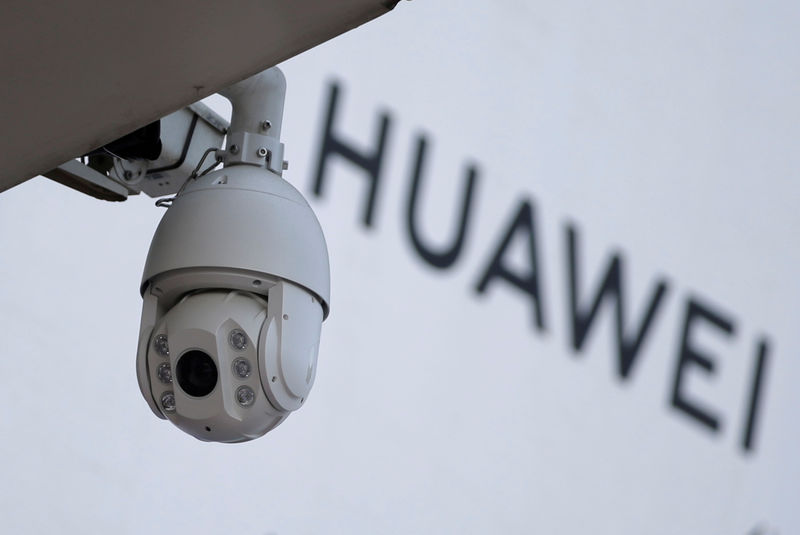(Bloomberg Opinion) -- American technology products aren’t necessarily American.
At least, that’s the conclusion some U.S. executives have come to.
That loophole could explain why Micron Technology Inc. and Intel Corp (NASDAQ:INTC). have resumed shipping to Huawei Technologies Co. after the Trump administration blocked U.S. companies from supplying the Chinese firm and some peers. During an earnings conference call Tuesday, Micron (NASDAQ:MU) CEO Sanjay Mehrotra said:
“To ensure compliance, Micron immediately suspended shipments to Huawei and began a review of Micron products sold to Huawei to determine whether they are subject to the imposed restrictions. Through this review, we determined that we could lawfully resume shipping a subset of current products because they are not subject to export administration regulations and entity list restrictions.”
He didn’t elaborate on that “subset,” and noted that there’s ongoing uncertainty. In at least some cases, the U.S. Department of Commerce, which administers the ban, has been consulted about what can and can’t be sold, the New York Times reported. Meanwhile, officials at the Commerce Department and the White House are frustrated that companies have resumed Huawei shipments, Bloomberg reported.
If one thing is clear about President Donald Trump’s May 15 Executive Order, it’s that the precise scope of the ban caused confusion throughout the global technology supply chain. Simple labels like “Made in the U.S.A.” aren’t so straightforward when you consider that a product’s conception, assembly and packaging can crisscross multiple borders. This reality complicates the president’s assault on foreign companies, and should serve as a warning that broad-stroke measures against Chinese firms can backfire on the U.S. At the same time, the very interconnected nature of manufacturing could wind up helping companies skirt restrictions.
Consider Micron. According to its annual report, “a significant portion of our facilities are located outside the United States, including Taiwan, Singapore, Japan, and China.”
That’s an understatement. Only 22% of its property, plants and equipment are in U.S. A third is in Taiwan, followed by 30% in Singapore. Less than 2% is in China. In other words, most of Micron’s product isn’t made in America. That might exempt a good portion of its product from Trump’s ban.
The Commerce Department last week added another five Chinese companies to its Entity List. As this lineup grows, so too does the tally of missed revenue opportunities for U.S. companies.
That makes the profits from finding clauses and exceptions to the ban even more enticing – because while executives hate uncertainty, they love loopholes. I can just imagine teams of lawyers throughout the U.S. poring over regulations and product lists searching for exploits in the same way hackers hunt for security vulnerabilities.
Over time, companies weighing the risks and returns may opt to go ahead and ship to China, reasoning that any possible punishment from the U.S. government will pale in comparison to the revenue potential. Fines could end up being just a tax on business, in the same way that banking and environmental regulations are often flouted because complying is more costly than the penalties.
In such cases, expect technology companies to realize that it’s a better deal to sell to China than not. And we all know that Trump loves a good deal.
